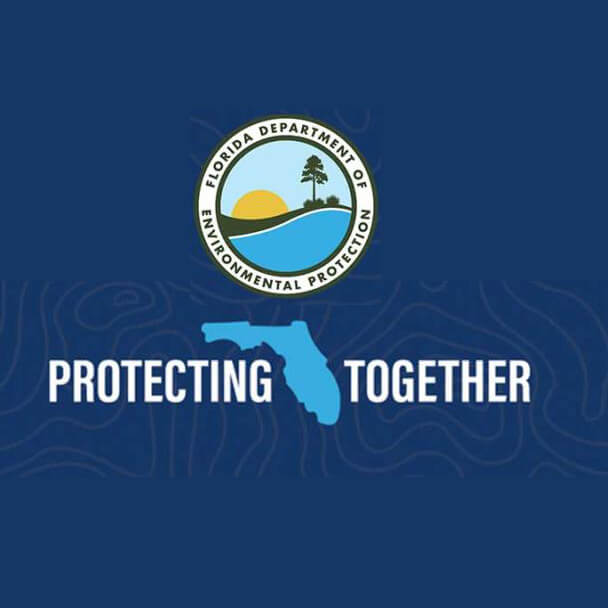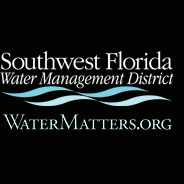The Impact of Hurricane Season on Florida's Drinking Water
Florida, known for its picturesque landscapes and vibrant communities, is no stranger to the annual hurricane season. While hurricanes bring a myriad of challenges, one critical aspect that demands attention is their impact on the state's drinking water. This article explores the factual details of how hurricane season affects Florida's drinking water, shedding light on the vulnerabilities and the robust measures in place to ensure the resilience of the water supply during these climatic events.
1. Water Supply Infrastructure Vulnerabilities
Hurricanes, characterized by intense winds, heavy rainfall, and storm surges, can exert considerable stress on Florida's water supply infrastructure. Key vulnerabilities include:
- Power Outages: Hurricanes often cause widespread power outages due to downed power lines and damaged infrastructure. Electrically powered water treatment plants may be temporarily incapacitated, affecting the production and distribution of drinking water.
- Flooding: Heavy rainfall and storm surges can lead to flooding, compromising the integrity of water treatment facilities, wells, and storage reservoirs. Contaminants from floodwaters pose a risk to drinking water quality, necessitating comprehensive monitoring and remediation efforts.
- Saline Intrusion: Storm surges associated with hurricanes can introduce saltwater into freshwater sources, particularly in coastal areas. This saline intrusion can affect both surface water bodies and groundwater, impacting the quality of drinking water.
2. Emergency Response and Water Quality Monitoring
Florida's emergency response to hurricanes includes robust measures to safeguard the drinking water supply. State and local authorities work collaboratively to ensure a coordinated and efficient response, addressing potential challenges in a timely manner.
- Pre-storm Preparations: Water utilities conduct pre-storm preparations, securing infrastructure, and implementing shutdown procedures if necessary. Adequate fuel and backup power systems are essential to sustain water treatment plants during power outages.
- Rapid Assessment and Restoration: After the hurricane passes, rapid assessments are conducted to identify damages to water infrastructure. Restoration efforts prioritize critical facilities, ensuring the swift return of normal water supply operations.
- Water Quality Monitoring: Intensive water quality monitoring is crucial post-hurricane. Increased turbidity, elevated bacteria levels, and potential chemical contamination are closely monitored. Authorities issue advisories if water quality falls below established standards, and residents are informed about necessary precautions.
3. Public Communication and Education
Clear and effective communication is paramount during hurricane events to keep the public informed about the status of drinking water and any necessary precautions.
- Boil Water Advisories: In cases where water quality may be compromised, boil water advisories are issued to residents. Boiling water for a specified period ensures the elimination of harmful bacteria and pathogens.
- Public Awareness Campaigns: Before and during hurricane season, public awareness campaigns educate residents on emergency preparedness and the importance of water conservation. Timely information helps residents make informed decisions to protect their health and well-being.
- Community Engagement: Local governments and water utilities engage with communities, providing updates on water supply status, distribution points for bottled water, and guidance on post-hurricane water usage.
4. Infrastructure Resilience and Redundancy
To enhance resilience against the impact of hurricanes, Florida invests in infrastructure improvements and redundancy measures.
- Elevated Infrastructure: Designing water treatment plants and storage facilities above expected flood levels reduces the risk of inundation during hurricanes.
- Backup Power Systems: Robust backup power systems, including generators and alternative energy sources, ensure the continuous operation of water treatment facilities during power outages.
- Emergency Water Supplies: Establishing emergency water supplies, including strategically located water distribution points and mobile water treatment units, helps meet the immediate needs of communities in the aftermath of a hurricane.
5. Policy and Regulation
Florida's regulatory framework includes policies and guidelines aimed at ensuring the resilience of drinking water infrastructure during hurricane events.
- Emergency Response Plans: Water utilities are required to develop and maintain emergency response plans that outline procedures for ensuring the safety and continuity of water supply during emergencies, including hurricanes.
- Regulatory Oversight: State agencies, such as the Florida Department of Environmental Protection (DEP), oversee water quality regulations and compliance. Strict adherence to these regulations is enforced to prevent and address potential water quality issues resulting from hurricanes.
- Investment in Resilience: Florida's commitment to infrastructure investment includes funding for projects that enhance the resilience of water supply systems. This includes upgrading aging infrastructure, implementing advanced technologies, and promoting research to address emerging challenges.
6. Lessons Learned and Ongoing Preparedness
Each hurricane season offers valuable lessons, prompting ongoing improvements in preparedness and response strategies.
- Post-Event Evaluations: After each hurricane, post-event evaluations assess the effectiveness of emergency response efforts. Identified weaknesses are addressed, and best practices are incorporated into future preparedness plans.
- Research and Innovation: Ongoing research and innovation contribute to the development of new technologies and strategies to enhance water supply resilience. This includes advancements in stormwater management, predictive modeling, and early warning systems.
- Collaboration and Training: Collaboration among state and local agencies, water utilities, and emergency responders is emphasized. Training exercises simulate hurricane scenarios to ensure a coordinated and efficient response when a real event occurs.
Conclusion
Florida's vulnerability to hurricanes underscores the critical importance of safeguarding the state's drinking water supply. The impact of these climatic events on water infrastructure necessitates a multifaceted approach, combining emergency response measures, water quality monitoring, infrastructure resilience, and ongoing preparedness efforts.
Through strict adherence to regulations, investment in resilient infrastructure, and proactive communication, Florida endeavors to minimize the impact of hurricanes on its drinking water supply. The lessons learned from each hurricane season contribute to a continuous cycle of improvement, ensuring that the state remains resilient in the face of these natural challenges. As Florida navigates the storm, the commitment to securing a safe and reliable drinking water supply stands as a testament to the state's dedication to the well-being of its residents and the sustainability of its communities.





